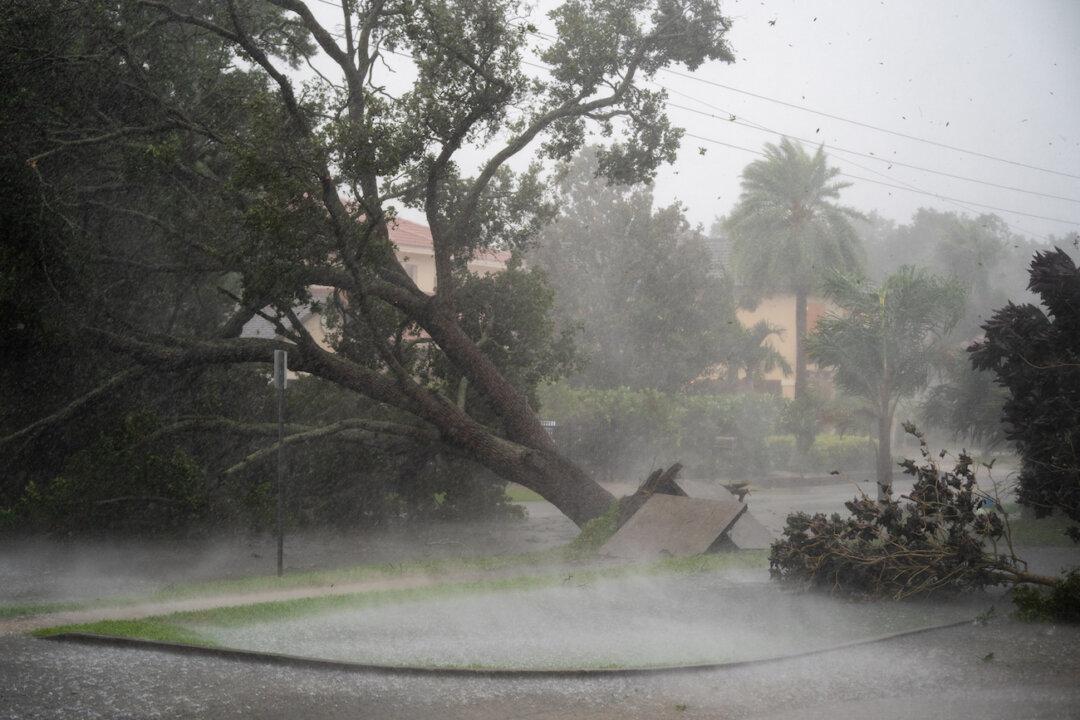National Guard troops from multiple states have been activated, with some troops from Tennessee and Mississippi being sent to Florida in response to Hurricane Ian, which became a Category 4 storm when it made landfall just after 3 p.m. on the west coast of the state.
The hurricane has since been downgraded to a Category 3 as of late Wednesday around 8:00 p.m. local time, and later a Category 2 has of 9:00 p.m. local time. Some 1.6 million or more households are affected by power outages, prompting curfews in some areas.




